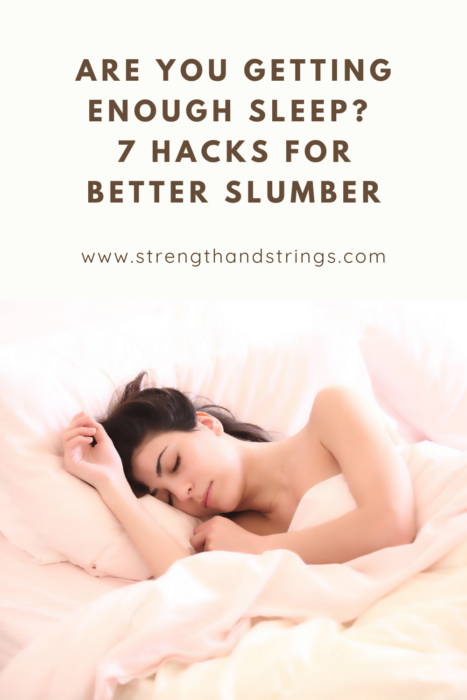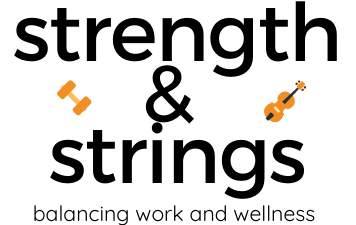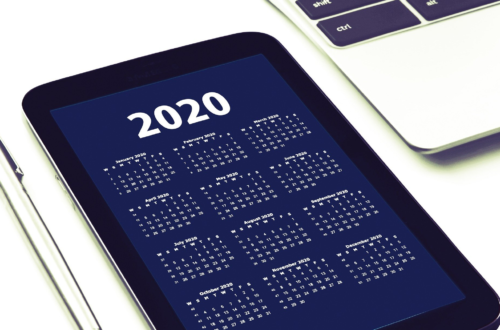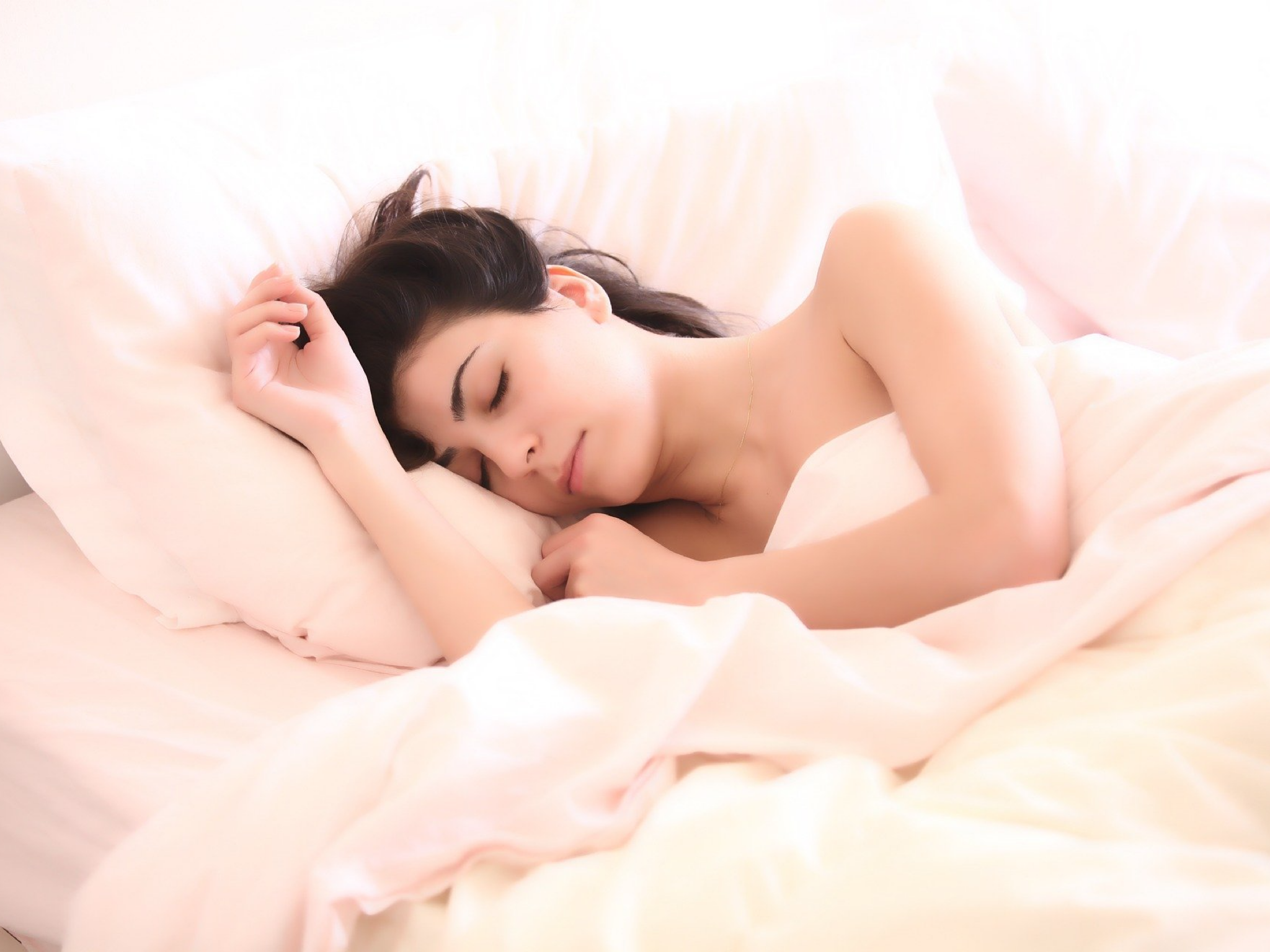
Are you getting enough sleep? 9 hacks for better slumber
I take sleep seriously, possibly more than diet and exercise. As a child, I rarely fought with my parents about going to bed. For as long as I can remember, I was never a fan of staying up late and always looked forward to going to sleep, even as a teenager and young adult. I make a conscious effort to get at least 7 hours of sleep every night during the work week and 8 hours during the weekend.
Even though I prioritize sleep, sometimes life gets in the way. At times, I would have to finish a lesson plan or an assignment for graduate school for the next day and would get to bed later than I would have liked. My previous teaching jobs required long commutes into the city and I remember a few times that I almost fell asleep at the wheel! I have also fallen asleep on the train on the way home from work.
When I do not get at least 7 hours of sleep for a couple of days in a row, I noticed that I have to work harder to complete tasks and generally feel tired by the early afternoon. During my bodybuilding competition prep and my cut (weight loss) last year, I observed a connection between my weight and when I was not getting enough sleep. My weight would increase or stay stagnant during those times and dropped back down once I resumed my normal schedule.
Since I have been working from home for almost a year due to the pandemic, I have taken advantage of this situation and have been able to get about 7 to 8 hours of sleep per night. I feel more energetic and recover from workouts quicker. I also do not need to rely on caffeinated beverages to help me stay awake (although I still drink them for the taste).
Some people may be walking around sleep deprived without realizing it. Others may already know they are but are not sure what to do. Thankfully, I have many of the answers you need! Continue reading to learn the important of sleep and 9 simple hacks to get a good night’s rest.
Table of Contents
Importance of sleep
Sleep is an essential bodily function like breathing. During this time, our bodies develop neural pathways to learn and remember information, repair themselves, maintains the immune system and balance hormones like leptin (controls hunger) and insulin (controls blood sugar).
The recommended amount of sleep for adults is 7 to 8 hours per night. However, 7 to 19 percent of adults of are not getting enough sleep each night. When you do not get enough rest, the amount of time lost adds up, creating “sleep debt.” For example, if you lose 2 hours of sleep each night, you’ll have a sleep debt of 14 hours after a week.
After losing sleep over the course of a few days, your ability to function decreases. In some studies, driving while sleep deprived is just as dangerous as driving drunk.
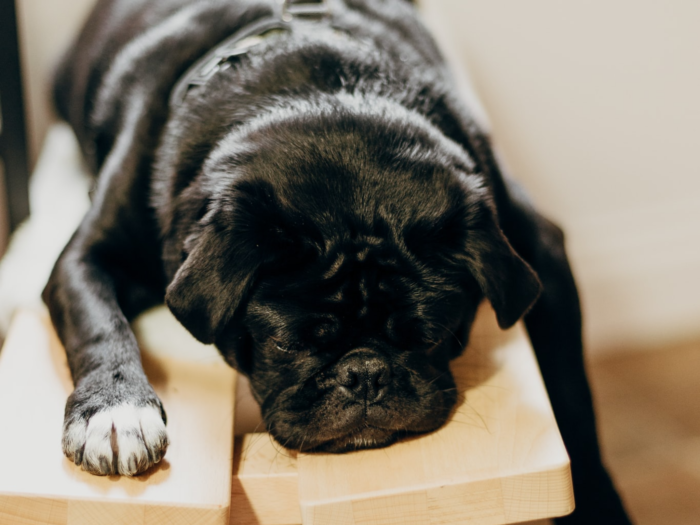
Why am I not getting enough sleep?
Sleep deprivation occurs when you do not get enough rest. The main causes are:
- You sleep at the wrong time of day (you are out of sync with your body’s natural clock)
- You don’t sleep well or get all of the different types of sleep that your body needs
- You have a sleep disorder that prevents you from getting enough sleep or causes poor quality sleep
Symptoms of sleep deprivation
- memory issues
- concentration issues
- mood changes
- weakened immune system
- low sex drive
- poor balance and coordination
Over time, chronic sleep deprivation can increase your risk of high blood pressure, diabetes and heart disease. Read more here.
You may also experience episodes of “microsleep,” or when you sleep for a few minutes while awake. You may have experienced this phenomenon if you have driven somewhere without remembering or missed a part of a meeting while listening to it.
9 hacks for better sleep
- Develop a bedtime routine. I take about 20 minutes before bed to brush my teeth, do my skin care routine and do light stretching before bed.
- Limit caffeine consumption later in the day.
- Avoid taking naps longer than 20 minutes. This may make it harder to fall asleep at night.
- Keep a consistent sleep schedule, even on weekends. It is recommended that the time difference should be no more than an hour.
- Take a melatonin supplement. I recently tried the *Valerian Drops by Live Better and found them to be effective when I am having trouble sleeping or need a restful sleep.
- Reduce blue light exposure in the evening. Take advantage of dark mode and warm light filters on electronic devices.
- Create the optimal environment. Make sure your mattress and pillows are comfortable. Keep your bedroom at the ideal temperature for you. Use light blocking curtains or an eye mask (I use this one) to create darkness if necessary.
- Exercise during the day.
- Avoid large meals and alcohol before bed.
*I received a sample of the "Live Better" Valerian Drops complementary of Influenster for testing purposes. All opinions are my own.
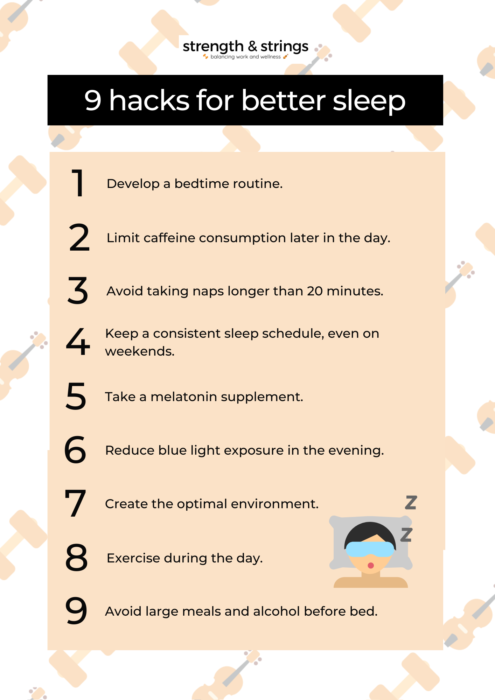
Final considerations
The suggestions above are not a substitute for medical advice and should be done at your own risk. If you are trying to improve your quality of sleep, feel free to try any of the hacks I provided and make adjustments to your schedule. If you are chronically sleep deprived, I recommend that you consult a medical professional.
Are you getting enough sleep? What tips do you have for getting a good night’s rest?
